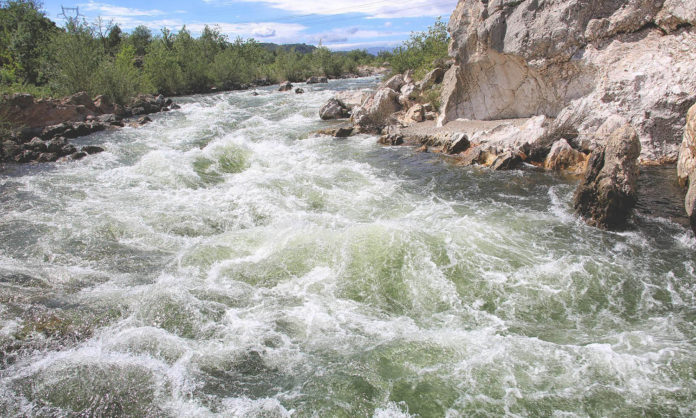
In a post on Writer Unboxed, Donald Maass advises writers to consider the unstoppable forces at play in their stories.
In nature, such unstoppable forces are wind and water currents, dynamic powers that move people and objects against their will. “The same is true of our lives, isn’t it?” Maass writes. “Things happen not because we want them to or not, but because they just do. They happen because some forces are greater than millions, even billions, of us can collectively direct or stop.”
But fiction doesn’t always reflect that reality, Maass adds. Instead, stories project that individual action can solve all our problems. While that often makes for a satisfying story, that isn’t reality. Events such as the COVID-19 pandemic or the Russian invasion of Ukraine could not have been stopped by a few actors behaving better and they won’t be reversed if we all learn a life lesson.
Fortunately, there are also good forces at work in the world. We also have fate, luck, society, and the weather, all out of our individual control. Even people. “The personalities of people can affect a story with unstoppable force, as well,” Maass says. “Bullies, saints, hot heads, wallflowers, observers, dreamers, realists, skeptics, reactionaries, joy riders, free spirits, professional victims, loyalists, iconoclasts, controllers, and more are people who cannot necessarily help themselves.”
So how can you use this in your writing? “Making those forces active in your story is first of all a matter of recognizing them and then inviting them to stir or shake things up,” Maass says. He offers some food for thought:
- Consider what larger events are happening in your world. War, social change, political strife? How is society changing or in conflict? How does this influence your characters and story?
- What’s happening culturally, in fashion, music, technology, or sports? What is modern and what is old-fashioned? Which of your characters are attached to one or the other and how does this influence their perspective? How does it create conflict?
- What role does luck – good or bad – play in your story?
- How does the passing of time affect your story?
Read the rest of Maass’ suggestions and his complete analysis at the link below.











